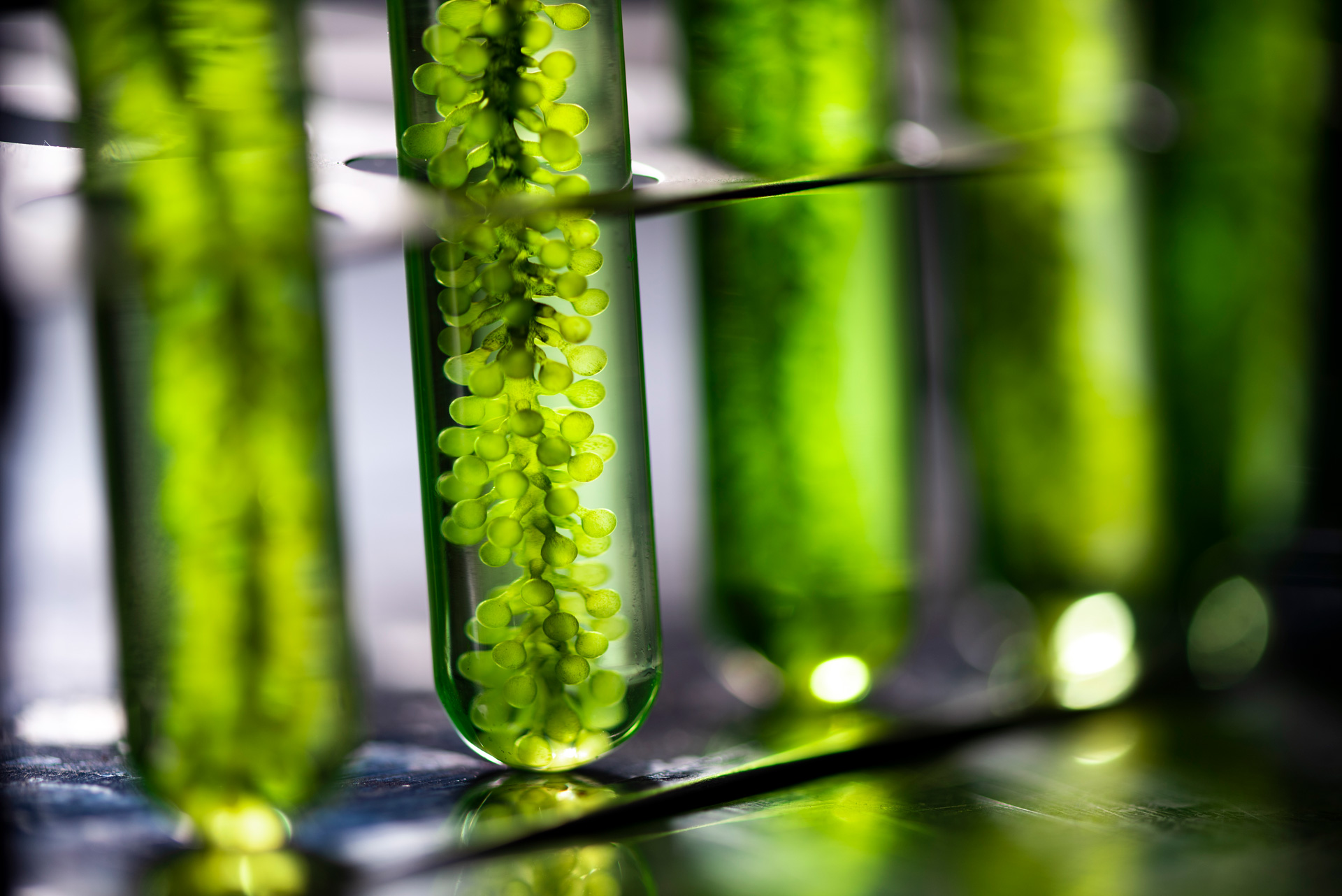I am Chathu, a PhD student in Mechanical & Manufacturing Engineering at RMIT University. I’m undertaking a research project in collaboration with BASF Coatings, Germany.
I completed my undergraduate Bachelor (Hons) degree majoring in Chemical Engineering at Monash University (Clayton, Australia) in 2016 and my Masters-by-Research degree at RMIT University (Melbourne, Australia) in 2021. I possess a strong passion for research & development and have worked in a few highly distinct areas including nanocomposites, wastewater, and corrosion protection.
In my free time, I enjoy hiking & travelling as they always give me a sense of excitement, achievement, and satisfaction (…and of course the breathtaking views).

Current research
Skills
- Electrochemical techniques
- Potentiodynamic Polarisation Scans (PDS)
- Linear Polarization Resistance (LPR)
- Electrochemical impedance spectroscopy (EIS)
- Surface Analytical Techniques
- Scanning electron microscopy (SEM)
- Energy dispersive spectroscopy (EDS)
- Focus ion beam (FIB)
- Optical profilometry
- Production of nano-composite sheets using the British hand sheet maker
- Zeta Potential Analyser utilizing Phase Analysis Light Scattering
- Analysis of COD (chemical oxygen demand) and turbidity meter
- Instron for tensile strength testing
PhD project
Prior work
- Master’s by Research (2019-2021): Studies on film forming corrosion inhibitors on aluminium alloy2024-T3 [2] (RMIT University, Australia)
- This study was focused on the film forming behaviour of two selected corrosion inhibitors to provide insights into film tenacity, the influence of the inhibitor molecular structure, and film stability in the absence of inhibitors, all to provide a deeper understanding of the film forming & breakdown mechanisms. A wide range of electrochemical methods were utilised in conjunction with various surface analysis methods to understand inhibitor-induced film formation.
- Undergraduate Research Project (2016): Micro-fibrillated cellulose – SiO2 nanocomposites: Their properties & functions as membranes (Monash University, Australia)
- Polymer membranes are extensively used in many filtration applications. The main focus of this project was to develop a cost-efficient and environmentally friendly alternative to polymer membranes using micro-fibrillated cellulose & nano-fillers suitable for ultrafiltration applications.
- Bachelor’s degree: Internship project (2018): Wastewater treatment
- During a 3-month internship at Waterwerx Pty Ltd, recently re-branded as Blue Azzurance, I had the opportunity to work on determining the best chemistry/chemicals for wastewater treatment of different samples
Further information
References
- I Cole, T Muster, D Lau, N Wright, NS Azmat (2010). ‘Products formed during the interaction of seawater droplets with zinc surfaces: II. Results from short exposures’, Journal of the Electrochemical Society, vol. 157, no. 6, p. C213, DOI: 10.1149/1.3391383.
- C Samarawickrama (2020). ‘Studies on film forming corrosion inhibitors on aluminium alloy, AA2024-T3’, Masters by Research thesis, School of Engineering, RMIT University, RMIT Research Repository link.
Past research
Skills
- Zeta potential analyser utilizing phase-analysis light scattering
- Analysis of COD (chemical oxygen demand) and usage of turbidity meters
- Instron static mechanical tester for tensile strength testing
- Production of nanocomposite sheets using the British hand sheet maker
- SEM (scanning electron microscopy) – Secondary Electrons (SE), Backscattered Electrons (BSE), and Energy Dispersive X-ray (EDX)
- XRD (X-ray diffraction)
MRes Project
Prior work
- Undergraduate Research Project (2016): “Micro-fibrillated Cellulose–SiO2 Nanocomposites: Their properties & Functions as Membranes”, Monash University (Australia)
- Polymer membranes are extensively used in many filtration applications. The focus of this project was to develop a cost-effective & environmentally friendly alternative to polymer membranes using micro-fibrillated cellulose and nano-fillers suitable for ultrafiltration applications.
- Bachelors degree internship project (2018-2018): Wastewater treatment
- During a 3-month internship at Waterwerx Pty Ltd (now Blue Azzurance), I worked on determining the best chemistry/chemicals for wastewater treatment of different samples
Further information
- Senior Supervisor: Dr. Liam Ward (RMIT University)
- Associate Supervisor: Prof. Ivan Cole (RMIT University)
- Associate Supervisor: Dr. Patrick Keil (BASF Coatings)
References
- C. Samarawickrama (2020). "Studies on film forming corrosion inhibitors on aluminium alloy AA2024-T3,", Masters by Research thesis, School of Engineering, RMIT University, https://researchrepository.rmit.edu.au/esploro/outputs/graduate/Studies-on-film-forming-corrosion-inhibitors/9921971411701341.
- C. Samarawickrama, P. Keil, I. Cole, L. Ward, Studies on the film-forming behaviour of mercapto-based compounds for corrosion inhibitors of AA2024-T3, Paper 52, ACA Corrosion & Prevention 2019, 23-27 November 2019, Melbourne, Australia.


